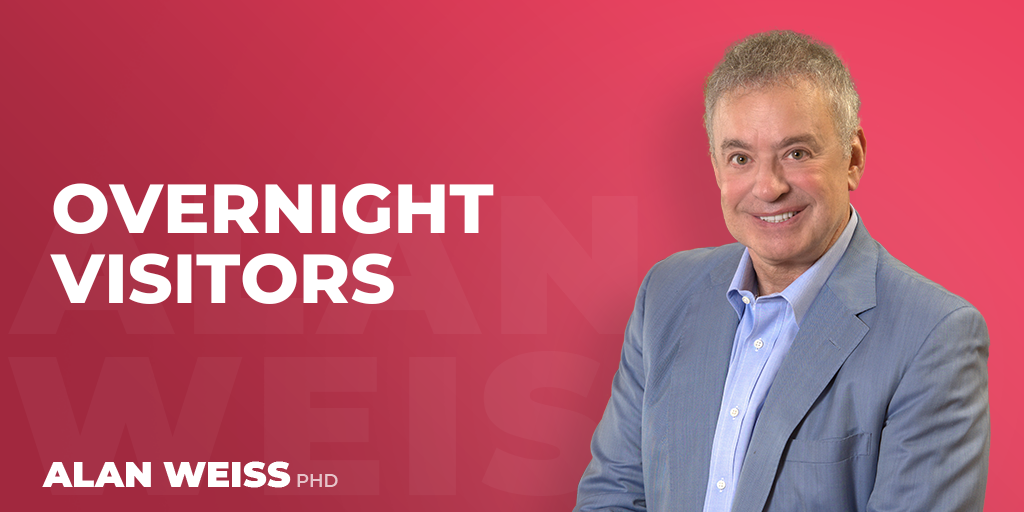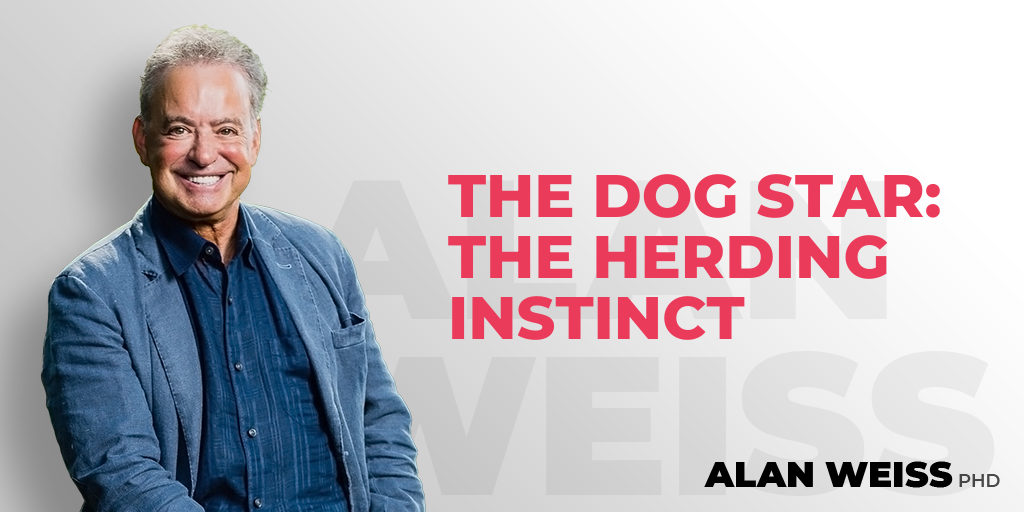The Dog Star: Common Scents
(The Dog Star is a symbol of power, will, and steadfastness of purpose, and exemplifies the One who has succeeded in bridging the lower and higher consciousness. – Astrological Definition)
In one of those bizarre coincidences, the alarm on the bridge leading over the waterfall to our house was deactivated by mistake, and concurrrently the house alarm stopped indicating which doors were being opened as entry points. Both were easily rectified, but they persisted for four days before we got around to correcting them.
During that time, the dogs stopped greeting us at whatever door we were using to return. Typically, they would be barking, howling, and leaping at one of the doors, but now we would enter and hear them distantly in the master bedroom upstairs, running down the hall to belatedly greet us. (They had been asleep in our bed, of course.)
Both Koufax and Buddy Beagle had readjusted their senses to listening for the bridge alarm to cue them to come downstairs, then listening to the house alarm to alert them which door to head for. (Sometimes they would watch from an upstairs window at the sound of the alarm, and just see where the car was headed, knowing which door we would have to use.) When I'm home, the bridge alarm will trigger Koufax to go to the hallway window to see who's coming, and whether they are bark-worthy. (He loves to intimidate my bookkeeper, and assumes treats from the UPS guy.)
They are both capable of hearing, smelling, and seeing vehicles approach. But they'd become reliant on an intermediary system. I'm not sure that's good, especially for a watch dog. Then again, we all tend to become reliant on intermediaries.
We don't talk to management with our problems, we talk to call centers, often halfway around the planet. There are “executive staffs” which intercept and respond to letters from consumers to company brass. We receive automated phone reminders of doctors appointments and cable company visits. We use the web for airline reservations and restaurant recommendations.
The intermediary isn't always human.
The problem with intermediaries is that they don't necessarily reflect power or influence or even remediation. They are often buffers with their own agendas (if human) or with no vested interest (if not human). If your objective is to complain to an officer with power, but the intermediary's is to prevent that very act, you can see the eternal struggle. They only “win” if you “lose.”
I refuse to deal with meeting planners, event planners, “agents,” or bureaus unless it is to speed the way to a real economic buyer. The intermediaries are too wound up in their own turf, their own ego, and their own idea of what should be happening, usually in complete and utter ignorance of strategy and corporate insight.
Similarly, I don't deal with reservations clerks when I have a hotel problem. I call the manager of the hotel. (The odds are that you won't be able to visit the office of the CEO of Delta Airlines, which is a despicable operation, but you will be able to visit the office of a hotel manager when you stay at that property, so there is a motivation to communicate with you before you camp out on the floor.)
I noticed with the bridge alarm off for the third day that Koufax was beginning to rouse himself using his own outstanding sensory apparatus. He realized his intermediary “trigger” was failing him. Too many of us don't perceive that. We assign our fates to others—humans and non-humans—and assume we'll be taken care of.
Don't bet on it. You're better served sniffing around on your own.
© Alan Weiss 2008. All rights reserved.






Dave Gardner
Alan…a brilliant piece. You are the master of taking things that people would normally overlook in life and bringing them to light in instructive ways. In what is alleged to be a “tough economic climate,” how many humans will simply rely on the voices of intermediaries and fail to act in their own self interest? Dogs are great teachers. And, so are you. Thanks for the insight! All the best…Dave
Alan Weiss
This is precisely what happened with the Madoff mess, with $50 billion lost from the wealthiest and “savviest” investors.